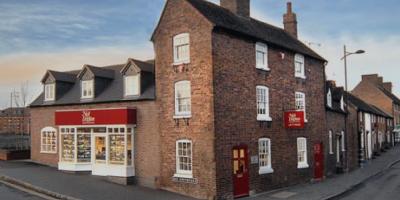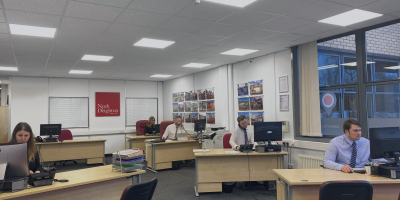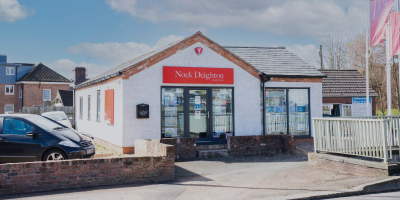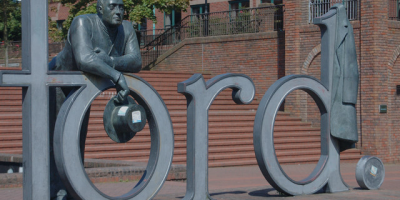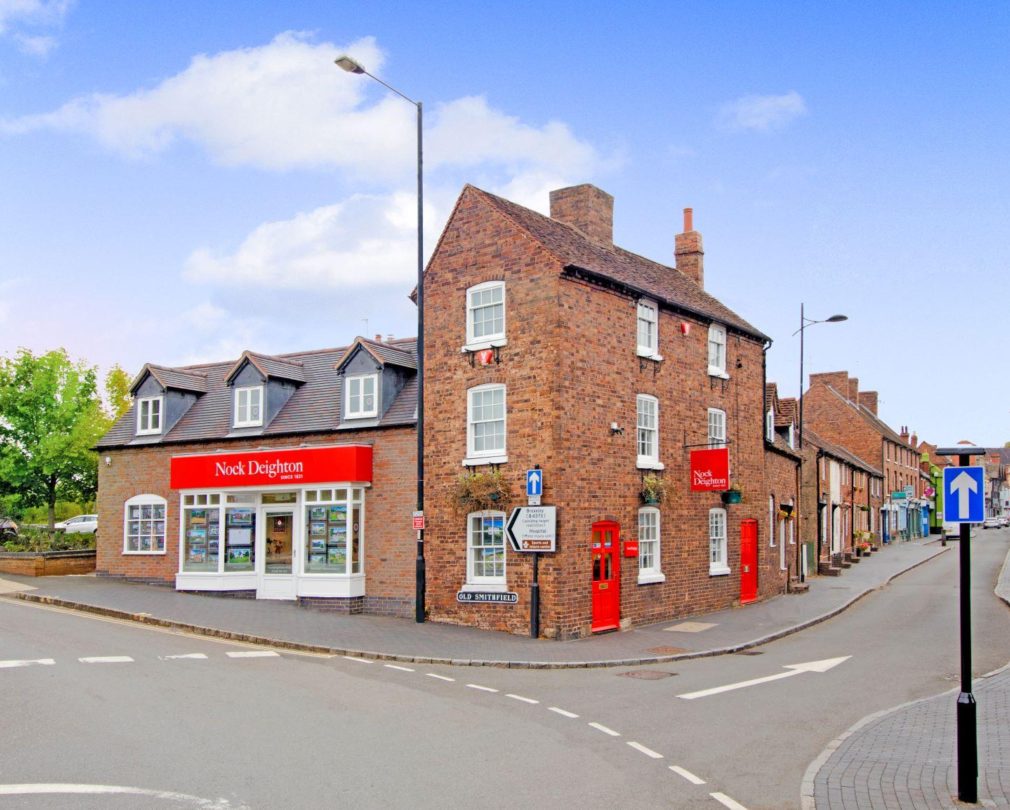
10 Top Tips for Long Term Maintenance Planning
As a landlord, it’s vital that you keep your property in a good condition for a number of reasons – it means you can provide tenants with a safe, habitable living environment (which they’re entitled to by law), reduce the number of costly repairs you’ll need to carry out over time and enable your house to keep its value.
With the importance of the condition of your property in mind, we have come with some top tips for keeping your investment in the best possible shape.
-
Take decisive action. While it can be tempting to leave a problem in
order to save money, issues like damp, mould and broken gutters won’t
go away of their own accord and will merely end up costing you
significantly more to remedy in the long-term. It’s much better to act
quickly and decisively when a problem first arises.
-
Don’t be afraid to shop around. It’s never wise, of course, to cut
corners and pay a lower amount for shoddy or substandard work, but that
doesn’t mean you have to pay top dollar either.
-
Service on a regular basis. It’s vital that you frequently service
your boilers and cookers to ensure they are working as they should be,
and are completely safe for your tenants. Servicing regularly can also
reduce the chances of anything going wrong in the future.
- Invest time and money. To keep your property in good condition you need to dedicate enough time and be willing to pay for its upkeep on a regular basis (which will, in the long run, save you money as you save on any expensive repair bills). You should ideally put aside three months’ rent to cover emergencies, or situations where your tenants leave and you’re left with an empty property temporarily.
- Sinking fund – while you set aside an amount for regular and emergency repairs, remember kitchens, bathrooms and boilers don’t last for ever, and eventually go out of date. It’s wise to set aside a small percentage for those items.
- Be realistic. If you own an old property, it might need more in the way of maintenance. Older properties with charm and character can attract long term tenants, but they won’t stay long if there are draughts and damp patches appearing and not attended to. If you are considering buying an older property, consider having a full survey to check the structure and the roof.
- Develop mutually beneficial relationships. When renting out homes, you’re likely to turn to and work with the same tradespeople time after time – especially if they are reliable and do a good job. You should try and keep your professional relationship friendly and productive, and might find that your loyal custom is rewarded in the form of discounts. You should also try to build up a few contacts to ensure you have someone to turn to if your regular person can’t handle the job or is temporarily unavailable.
- Conduct inspections. As a landlord, part of your role should be to inspect your property regularly, as tenants are not always aware of how to carry out even basic maintenance on a home. In some cases, too, they won’t tell you about problems until they leave the home behind. Regular checks, therefore, help to give you a good idea about the state of your property and can enable you to conduct preventative maintenance if required.
- Look at the outside too. Working families don’t always have the time to maintain gardens to a high standard. If you want to avoid complaints from neighbours and having to pay contractors to tidy the borders, trim hedges and weed pathways and patios before re-letting, then it’s best to spend that little extra time at the outset to minimise the labour.
- Ventilation. Some properties are more susceptible to condensation problems than others, due to their structure and design (even those with double glazing and central heating). Investing in low energy, mechanical ventilation can prevent this common problem from occurring.
Dawn Clarke
Lettings Director
07967 209011
[email protected]




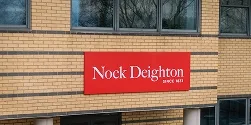




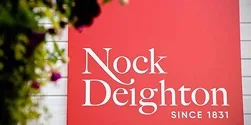
 Payment
Payment